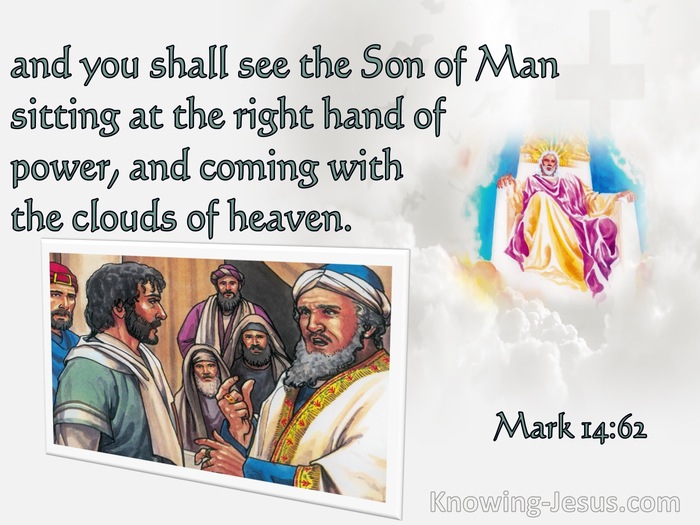


For the Jewish people, this was such a cataclysm that it might almost have seemed like the blotting out of the sun.Is this, then, all that Jesus meant by his apocalyptic words? Surely not. Now he tells us to “take the fig tree as a parable”: the destruction of the temple will follow almost as swiftly upon his violent protest against it.Sure enough, before that generation passed away – to be precise, in the year AD 70 – the temple was destroyed, albeit by the Romans rather than by a bolt from heaven. Shortly before that, he has cursed a fig tree, then gone into the temple, overturned the tables and driven out the sellers of sacrificial animals, before coming out to find the fig tree withered and dead. Such a theory is an easy get-out, but arbitrarily dismissing those parts of the Gospels that we find difficult or distasteful leaves us with a Christ made in our image, whereas the challenge of Christianity is to remake ourselves in his image.How, then, to address our difficulties in a more intellectually honest way? First, let us note the scene: Christ is sitting across the valley from the Jerusalem temple, whose destruction he has just predicted to his disciples.
What are the material things in which we have placed our trust, the temples we have built with our own hands?In the Gospel for the Feast of Christ the King this year, Christ tells us clearly, “Yes, I am a king” but “mine is not a kingdom of this world”. As we reach the end of the liturgical year, we are invited to consider what are our own earthly vanities. It is, if you will, one of the earliest rumblings of that earthquake in which all human vanity will be thrown down. The destruction of the temple is just a small part of that. This is the royal dignity of Adam and Eve, to which they preferred a dignity of their own fashioning, a mere earthly kingdom instead of a place in the kingdom of God.Christ’s promise is that he will sweep away all earthly kingdoms and usher in the kingdom of heaven. More than that, it seems to promise the restoration of the whole of humanity: in the Book of Genesis, God created humanity to share in his image but also to participate in his kingship over the whole of creation.


 0 kommentar(er)
0 kommentar(er)
